Twitter was officially bought by Elon Musk on October 27, a $61 billion (USD 44billion) journey many have described as a “wild ride”.
Musk has previously discussed his plans to ensure Twitter is an “inclusive arena for free speech”, saying that it is important for people to have “both the reality and the perception that they are able to speak freely within the bounds of the law.”
However, since his takeover, many publications have reported a rise in hate speech and slurs toward minority groups, making advertisers nervous.
Mediaweek spoke to media buyers and marketers to find out their thoughts on the new ownership, the relevancy of the platform and their predictions on advertising on the platform in the year ahead.
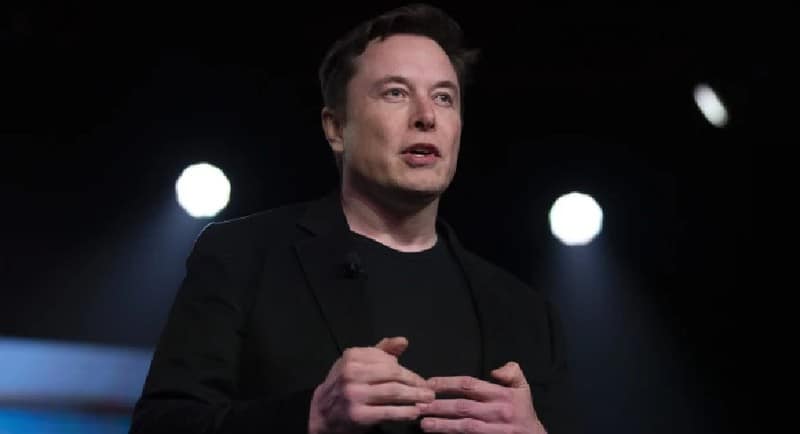
Elon Musk
Sabri Suby, founder and head of growth at King Kong, said that Musk would use his engineering eyes to make Twitter’s ad auctions a more compelling offering.
“His take on trying to eliminate bot accounts is just going to entice marketers to move dollars to Twitter even more,” he said.
“Twitter makes about $5 billion a year in revenue, more than 20 times smaller than Facebook’s revenue. Marketers haven’t been adopting Twitter for ads because it’s not as efficient. The better an ad auction is, the better it’s able to place your ad in front of people who are likely to take the action you want from them.
“The more efficient the auction is, the lower your cost per lead, and the lower your customer acquisition cost is. And that’s what makes people flood to ad platforms: efficient auctions,” he added.
Suby noted that King Kong does not run Twitter ads. He explained: “I’m big on focus, and I understand that I’m not going to be a master at every different ad platform. We would rather pick the ones that account for around 80% of the overall volume and become absolute masters.
“However, if Elon can solve the tracking iOS 14 issue – and I believe that if there is a person for the job, it’s him.”
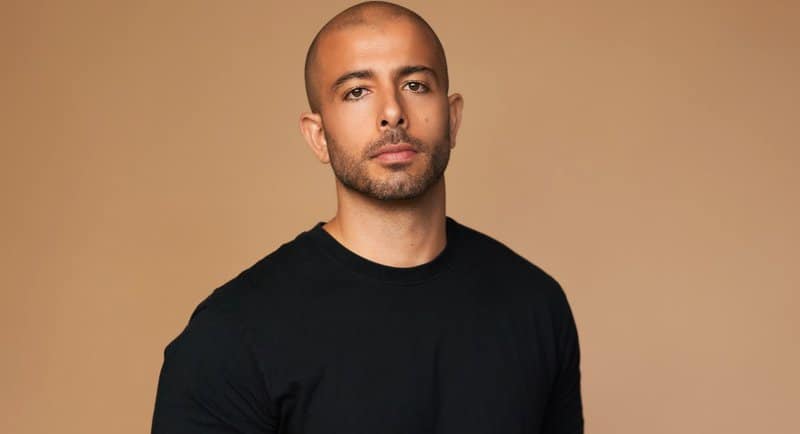
Sabri Suby
Jessica Bray, Audience Precision’s senior strategist and media team lead, was critical of Musk’s takeover.
“Musk has turned Twitter upside down at an extremely fast rate. Internally with disrespectfully abrupt layoffs and externally with advertisers fearing risk to brand safety and the changes to integral Twitter elements like the blue tick resulting in a skyrocketing number of fake profiles.”
Bray added: “Musk has never been one to play by the rules, so this flip of the company does align with his history.”
Antonio Panuccio, digital strategist at Enigma, called the takeover a “wild ride”. He had a different view on it: “I don’t think it’s unfair to say it has been a disastrous spectacle,” referring to the advertiser exodus and user retention.
“The cuts to staff (and the teams from which the cuts have come from), public spats between Musk and engineers, culling of perks, scrapping of remote work, and jump in hours don’t bode well in an industry where advantage hinges on uptime and innovation,” Panuccio said.
“With record growth for competitors in Tumblr and Mastodon in recent days, it’s no wonder Twitter is attempting to claw back some of the stuff they’ve culled,” he added.
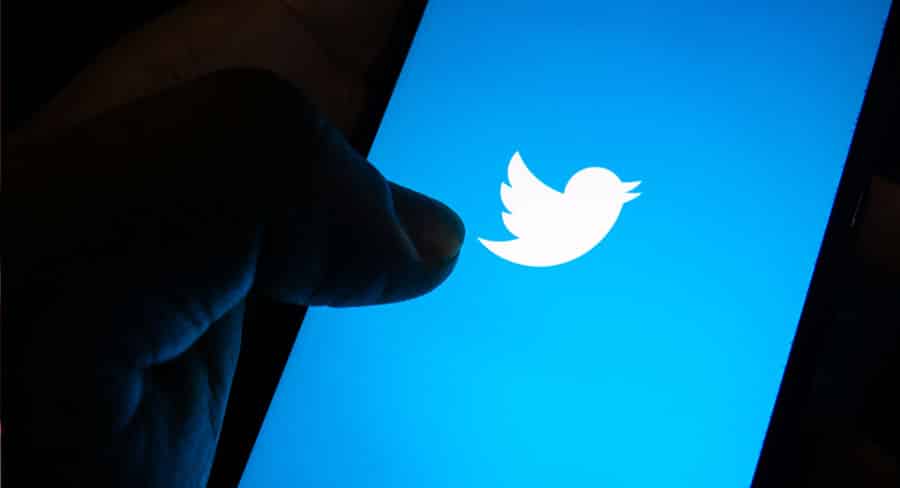
Is Twitter still a relevant platform?
In 2012, Twitter surpassed more than 200 million active users, from celebrities to politicians and entrepreneurs. But with this new leadership, does Twitter still command the same relevance – particularly for media buyers and advertisers?
For Suby, the 16-year-old platform was never relevant. He said: “It never hit mass adoption, and you can see it in their ad revenue. $5 billion, in the scheme of things, is nothing. Google makes around $220 billion, and Facebook makes $117 billion per year.”
Suby noted that the platform was never an area that was exciting enough for advertisers and that it ultimately came down to the total number of users.
“Twitter has around 396 million users, which isn’t bad, but you need to get to a billion users for me to pay a huge amount of attention to it,” he said.
“TikTok has just done that. Facebook is north of two billion users. There are four billion searches on Google a day. So, it’s not about the age of the platform, and it’s not that it used to be a hot advertising product – it never was.”
Bray said that the relevance of media space comes down to the audience a brand is trying to reach and its ability to engage with that audience in a relevant context.
“Twitter can still be relevant as a platform to engage with consumers. However, we may see a shift in consumer behaviour away from this platform as these changes start to roll out as a backlash from negative feelings towards the brand and platform of Twitter as a whole,” she noted.

Jessica Bray
Panuccio said Twitter still commands a large, varied, and engaged audience. He highlighted that there are “fandoms” on the platform keeping up-to-date with their favourite stars, and users continue sharing their exciting or mundane daily thoughts on the platform.
“Society still rates Twitter as one of the places to go when events rock the world,” he pointed out.
“As long as the audience is still there, Twitter will be relevant to advertisers. Brands will still use Twitter organically – it remains to be seen whether they’ll invest advertising dollars long-term,” he added.
Is Twitter worth the risk?
Musk’s ownership and leadership of the platform have brought a raft of changes. For Bray, she called it a “very risky environment for advertisers”.
“We don’t consider it brand safe at this current moment, so we would not recommend this to our clients,” she added.
Panuccio said the release and rescind of Twitter Blue and dismissal of content moderation teams has made everyone think twice about brand presence and safety on the platform.
“There are second thoughts about any investment into Twitter right now, and it’s easy to justify pulling the spend and parking it in another channel,” he added.
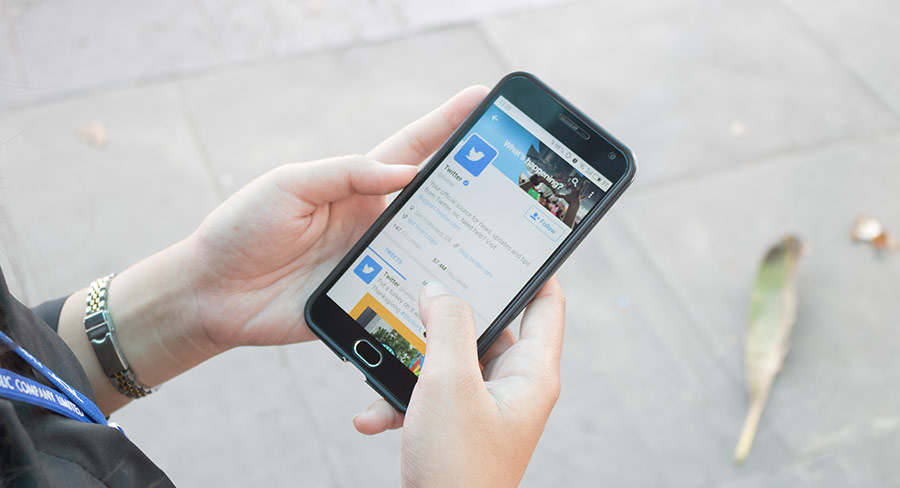
Outlook for advertising
In recent weeks, several big brands have paused their ads on Twitter due to problematic content. Suby noted that their boycotts would be short-lived, and they would eventually return to the platform.
“Elon might take a short-term hit in terms of PR, but ultimately he’s a smart guy. You’re not going to spend the billions of dollars he did on a platform unless you think there is an under-realised value equation that can make up for it,” he said.
Suby said he believes Musk will improve Twitter for users and advertisers, giving them a “real shot” at competing with other platforms.
“In terms of breaking news content and being the town square of information, Twitter has something unique that other ad platforms don’t have. So, there is definitely value there, but they have just been incredibly poor at monetising and commercialising the business,” he said.
“They’ve been focused on the wrong things, so someone with more commercial acumen like Elon will be able to do wonders,” he added.
For Bray, she noted consumers – particularly younger ones, don’t like when big corporations exercise their power and fail to listen to those using it.
“I think that advertising will continue to be reduced on the platform by advertisers, as consumers may boycott brands present on the platform and drive reduced audience and brand safety on the platform,” she said.
Panuccio said we are likely to see more advertising ceasing their advertising, particularly when the on-platform attention is on the platform drama.
“Reparations to advertiser confidence, in my opinion, won’t start until the drama, spats, and product discourse are taken off the platform and happen in the boardroom (whether virtual or at the table). That’s not Musk’s style though,” he added.

Antonio Panuccio
Looking into the crystal ball
Sharing his prediction for Twitter and its advertising in the year, Suby said the platform will experience: “a short-term hit for long-term gain.”
“It won’t be easy to fix the problems it has. I don’t think we’ll see a dramatic change in the next 12 months.”
Looking further ahead, Suby said: “I believe that beyond 12 months is where we will see a change because it will be quite the engineering feat to do what they need to do on the product side to be able to solve all these issues from an ad platform perspective.
“Elon will likely fight Apple’s 30% App Store fees on subscriptions because it costs Twitter billions. Zuckerberg couldn’t challenge Apple in the public domain because of past privacy controversies.
“But Elon could drag Tim Cook centre stage and point out one of Apple’s biggest skeletons: how Apple is using privacy as a cover-up for destroying other ad companies while building their own.
“We all know that Elon isn’t afraid of airing anyone’s dirty laundry, so this could get interesting,” he added.
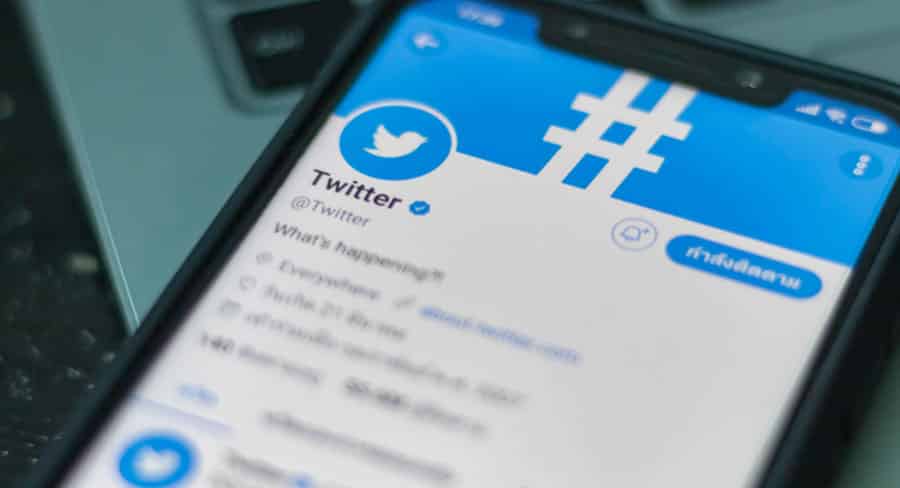
Bray said the future of Twitter depends on “how much further Musk takes things and how he recovers from the changes and uproar he has already created.”
Panuccio said it will be a rocky 2023 for Twitter and how it can diversify its revenue from advertising streams, which he noted won’t bode well for advertisers.
“It’ll mean more monetisation of products – existing and new – and the concern is that the monetisation will be half-baked a la Twitter Blue. But the world moves fast.
“By Q2 2023, it’s likely we’ll be past talking about this, and Twitter will be back to business as usual. Or we’ll all be on Mastodon getting a crash course on the decentralised internet,” he added.
–
Top image, left to right: Sarbi Suby, Jessica Bray and Antonio Panuccio
